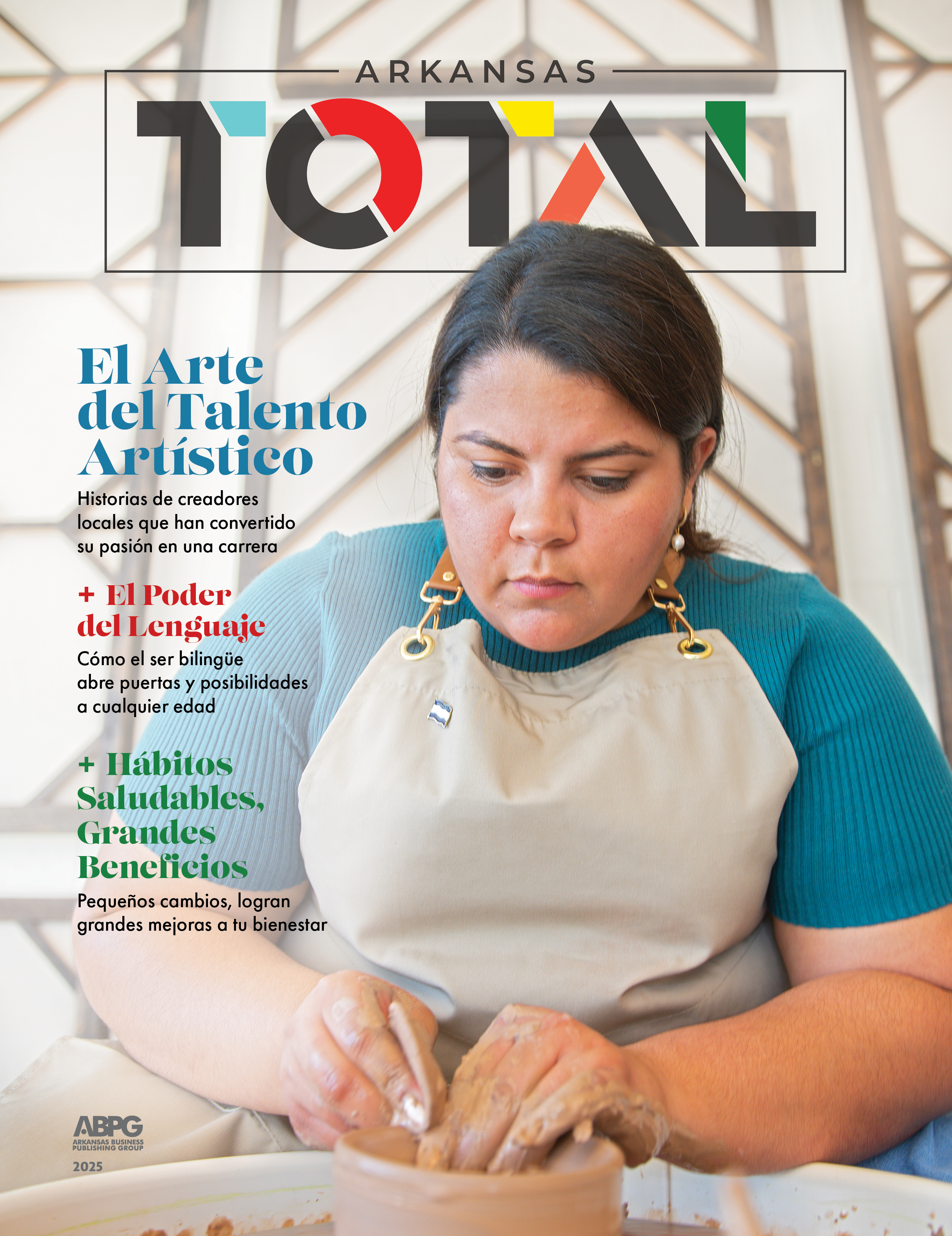Visions of College

También puedes leer este artículo en español, Visiones de la Universidad
Many bright, young hopefuls are lulled to sleep every night with the technicolor of the American dream. The idea of earning a degree after high school is, for a lot of the young population, a promise. However, there are others who are met with the nightmare of the possibility that this dream may not become reality. Organizations across the state are actively working to ensure that anyone who desires higher education may chase these dreams to the fullest.
Statistically speaking, those who attend college are more likely to be healthier, have a job and end up with reliable retirement and health insurance. These are only a few of the benefits to continuing your education, along with a sense of pride and accomplishment.
For Maria Aguilar, education is an important way to grow and improve communities at the core level. Aguilar joined the Central Arkansas Library System in 2020 as liaison to the Spanish-speaking community. Of the system’s 14 branches, nine are located in Little Rock, with five others sprinkled throughout Pulaski and Perry counties. Aguilar’s daily role is to go out into neighborhoods and meet people where they live to invite them to take part in the resources the library provides.
“We have in all our branches access to computers. If a person is attending a course, they can use our study rooms. We have a bunch of books where they can practice taking some tests,” Aguilar said. “But not only do we have books, we also have a website, with so many tools to learn another language. … We have printers for prints and three-dimensions. If a person is working on a project, they can use our printers or print material. We have a lot of workshops and programs that we’ve created for those to use, who are continuing their higher education.”
Sandra Carmona Jobe works for TRIO, a federally-funded outreach program designed to provide services for individuals with disadvantaged backgrounds. Its eight programs range from middle school to pos-tbaccalaureate-aged students to help them move through the academic progress. Jobe is also vice president and on the board of directors at Mamas Unidas, a nonprofit organization in Little Rock helps the Hispanic community learn about higher education in the United States.
The main objectives of both programs, which are free to participants, are to prepare students for school through workshops and educate adults on college applications, scholarship searches and enrollment processes. The programs combined serve over 5,000 students a year, and in 2023, Mamas Unidas served 161 families and did 113 one-on-one sessions.
“A lot of times, we’re not providing the service itself, but it’s providing that hope,” Jobe said, “because we’re working with low-income first generation individuals. So, a lot of times their hopes of going to college are really low and they think, ‘I can’t afford it; it’s too expensive’ or ‘No one in my family has gone.’ So, this is something that’s very confusing. They think it’s out of their reach. But when they actually sit down with us and we walk through the process, they see that it’s not impossible like they thought.”
The best part? Knowing that when the next generation’s heads hit the pillow at night, they can dream to their heart’s content.
Higher Education Statistics
- 2x — Adults with bachelor’s degrees earn over twice the amount as those without one over their lifetimes, according to a 2021 survey published by Forbes.
- $30,000 — Additional salary the average person with a college degree makes per year compared with those with a high school diploma, according to data from the New York Federal Reserve
- 94% — People with a bachelor’s degree or more who reported feeling happy or very happy with their lives overall, according to data from the U.S. General Social Surveys

